As parents, we want our children to be truthful with others. This is because it forms the basis of any good relationship. Nevertheless, understanding why a kid lies and what to do about it can sometimes feel like an insurmountable task.
This article will discuss common causes of why a kid lies, expose inconspicuous indicators that your child may be dishonest with you as well as give practical methods on how to stop children from lying.
With these concepts at our disposal; we can create a climate in which telling the truth is not only advocated for but also fosters trust between relatives.
5 Common Signs Your Kid Is Lying To You

To understand why a kid lies, you need to know how to detect when they’re lying. They rarely exhibit clear signals of deception, so it can be hard to tell if a child is lying or telling the truth.
But some typical warning signs your kid is lying to you which parents should look out for.
These are five signs your kid is lying to you:
1. Different Narratives
Typically, children who tell lies cannot keep their stories straight. They might give different versions of an event when asked more than once or fail to show logical consistency in their account.
If your child says he was at a friend’s place and then talks about something that happened at a park during the same period, it means they’re lying.
2. No Eye Contact
A lot of kids can’t look into someone’s eyes while telling a lie. They may turn their gaze away, blink rapidly, or shift their eyes from one point to another.
So if your daughter starts refusing to make direct eye contact with you when answering questions about whatever has made you suspicious, this could mean she isn’t telling the truth.
3. Odd Body Language
You don’t have to say anything sometimes for your body language to speak for itself.
Signs your kid is lying to you include restlessness through fidgeting, scratching oneself unnecessarily, playing around with objects within reach, and adopting closed postures like crossing arms which indicate unease can also imply dishonesty.
Therefore if calm but becomes extremely fidgety or keeps scratching his nose while answering a question; then this behavior may show that he is lying.
4. Very Specifics Explanations
When kids lie they tend to either provide too many details to make their fabrication sound credible enough – or else give responses without any specifics at all for fear of getting caught up in them.
For example; if asked simple questions like “Where did you go?” Your kid might come up with an exaggerated story containing lots of irrelevant information that does not answer directly.
5. Change in Voice Tone/Pace
The way somebody speaks can change which is one of the dead giveaways your kid is lying; some kids talk faster while others slow down too much, some alter their pitch too high or low – others even start stuttering where normally speak fluently.
Therefore if her voice suddenly becomes unusually high pitched or starts speaking faster than usual in response to certain questions; then these could be signs your kid is lying to you.
Read More: 10 Notable Signs You Are Improving As A Parent!
5 Awful Reasons Why A Kid Lies
Finding out why a kid lies is crucial in working with them and creating a culture of honesty in the household.

These are five particularly concerning explanations as to why a kid lies:
1. Fright of Punishment
A child may lie out of their fear of the direct and perhaps terrible consequences that will follow his or her actions. The fear can be traced back to experiences when telling the truth led to strict penalties or unfavorable outcomes.
When they anticipate your harsh reaction, they can opt for dishonesty as a shield against themselves. What bothers me even more about why a kid lies is that it shows that your kid doesn’t feel safe or supported enough to own up to his mistakes.
Over time trust between you two may break down completely if lying based on fear like this continues; this creates an environment where he feels every move should stay hidden from your punishing methods.
2. Seeking Approval/Attention
Children tend to tell lies to seek approval, recognition, attention, etc., especially when they are feeling ignored or inadequate. Such falsehoods often point to self-esteem problems and the need for affirmation.
If they feel unnoticed or undeserving, they can make up stories about themselves or what they have done so as to be appreciated more by you and also receive compliments from you.
The weight of these reasons why a kid lies is heavy because it indicates a lack of confidence in oneself; belief that unless someone else pretends then love will not be found in you
3. To Avoid Being Made Fun Of
Another reason why a kid lies is nothing but everything not wanting to be laughed the most common tactic used by those who think themselves prone to peer influence and/or scared parents’ negative judgment.
This kind of lie serves as a defense mechanism against humiliation which would come after being exposed, ridiculed, or losing one’s self-esteem.
People create imaginary scenarios and deny facts fearing exposure lest it spoils their self-image; thus implying poor self-worth alongside dread of showing true colors
4. Regulating Situations
Children lie to control the situation too as they know what works for them in different cases. The reason why a kid lies is because it shows that a person consciously deceives others with certain goals in their mind.
In case your child lies to get something he wants or avoids doing what she dislikes; this means disrespect for authority and willingness to cheat other people so as to benefit themselves.
If kids discover that telling lies always brings about desired results, they may adopt such an approach regularly.
5. Copying Others’ Behavior
When a kid lies, she could be copying you or any other adult she comes into contact with. Seeing you frequently engaging in justified little white lies may make them think telling untruths is okay or even necessary sometimes.
What worries about this reason behind children’s lying is that their imitation is not limited to one act but rather takes place within a wider framework where various behaviors are being taught through examples.
Such learned behaviors have long-lasting consequences which can be difficult to reverse and still affect somebody’s truthfulness and trustworthiness throughout their life span.
As parents, we should be mindful of our actions around kids and strive towards making honesty a core principle of our family. Being truthful ourselves helps young ones understand its role in building and maintaining good relationships.
Read More: 5 Zodiac Signs That Make Family Life Brighter
How To Stop Children From Lying

You should exercise patience, consistency, and understanding if you want your kids to grow up valuing honesty. It is important to know why a kid lies to you to deal with it.
Here are some tips on how to stop children from lying:
1. Establish a Safe and Encouraging Environment
Make it possible for the child to be open about his or her feelings and own up to mistakes without the fear of being punished too much. When he or she confesses, stay calm and non-judgmental; make them understand that you appreciate honesty.
2. Be a Model of Truthfulness
Demonstrate what truth means by your actions and how you deal with people. Parents are advised to act truthfully as this is among the effective methods of instilling virtue in kids who tend to imitate their mother’s or father’s behavior.
3. Avoid Strict Punishments
The best strategy how stop children from lying to their parents is not to punish them severely. Instead of focusing only on what went wrong, talk with your kid about what could happen due to such acts and why it is important to tell the truth.
Anytime your child chooses honesty over deceit, reward this behavior with words of praise that will act as motivation for him/her to do so even in the future.
4. Teach Problem-Solving Skills
Discuss different approaches that may have been used instead of dishonesty when teaching them alternative tactics for handling situations without lying.
Clearly state consequences for telling lies consistently every time false statements are made while also making known your expectations regarding honesty.
5. Discuss Lying Results
Help him identify areas within immediate or long-term relationships where trust can be broken by dishonesty
Let him see its effects on those around his/her life too closely connected with such persons. Watch out for any triggers or emotions that might lead to lying then address underlying issues or fears affecting the child.
We can help our kids develop integrity as a core value while at the same time fostering an atmosphere of openness between us through these approaches coupled with consistency and understanding.
Read More: Raising Awake Children in a Broken School System
Raising Honest Children
It is important to know why a kid lies and how to detect the signs your kid is lying to you to guide them toward truthfulness and trust. As parents we are all in this together; we have to navigate through the difficulties of bringing up honest kids in a complex world.
If their stories start contradicting each other or if they look away while talking, it is an opening for us to ask more questions with empathy and understanding.
We can establish a safe environment whereby our sons and daughters will be able share their emotions as well as failures without being afraid of being judged severely or punished harshly.
This will enable us to create transparency that is the basis of any healthy relationship between parents and children.
Through patience, consistency, and supportiveness – we should encourage them to live upright lives full of honesty while still young enough so that they can do it when older too.
Frequently Asked Questions (FAQs)
1. What are the common signs your kid is lying to you?
Signs your kid is lying to you include inconsistent stories, avoidance of eye contact, unusual body language, overly detailed or vague explanations, and changes in vocal pitch or speech patterns.
2. Why a kid lies to you?
Reasons include fear of punishment, seeking approval or attention, avoiding embarrassment, manipulating situations, and modeling behavior observed from adults.
3. How to stop children from lying?
Create a supportive environment, model honest behavior, avoid harsh punishments, praise honesty, teach problem-solving skills, set clear expectations, discuss consequences, address underlying issues, and seek professional help if need
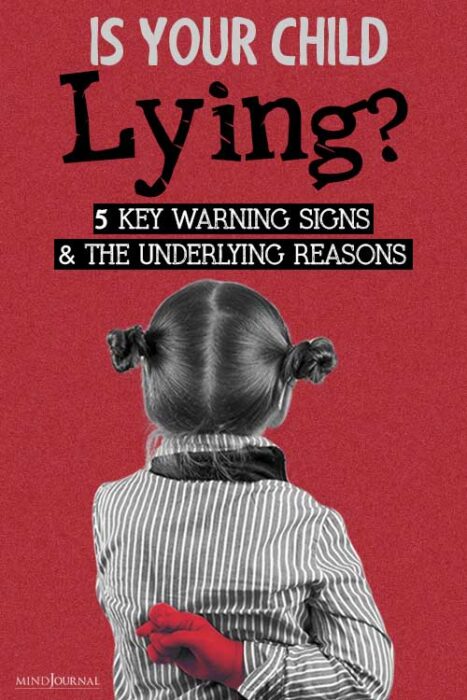
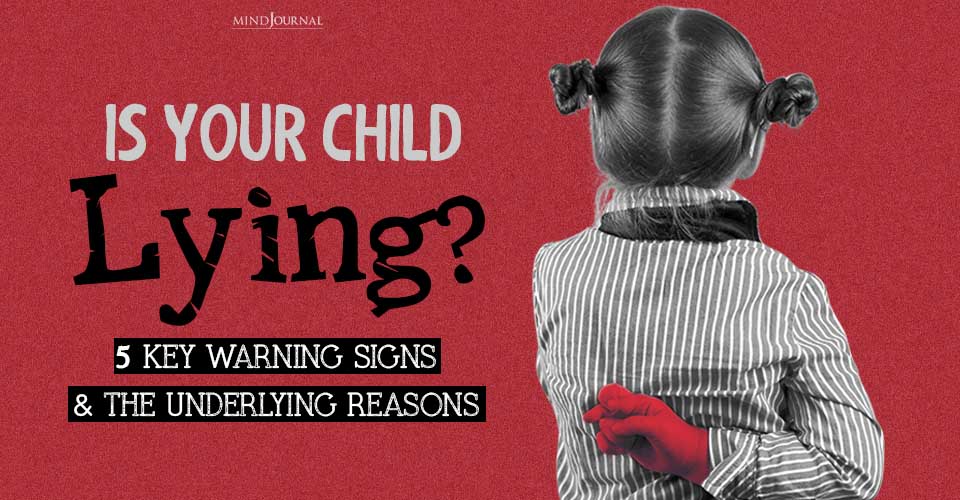


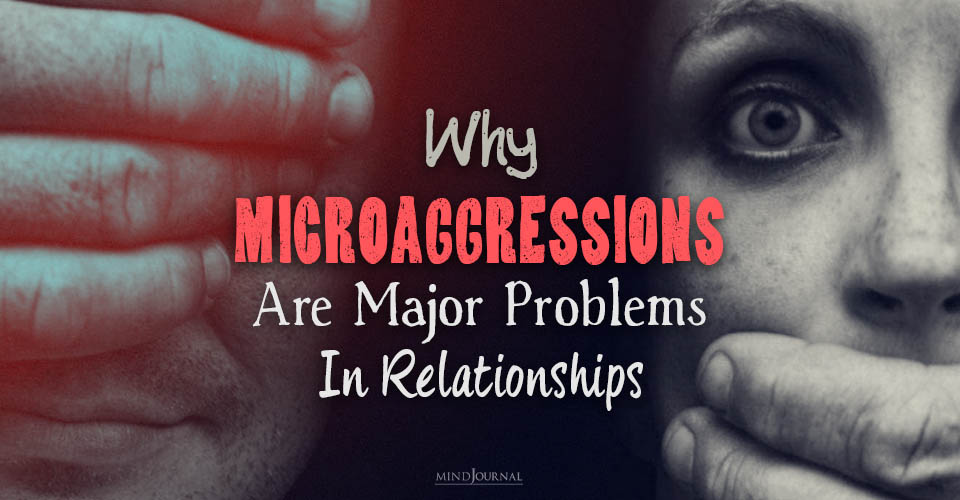

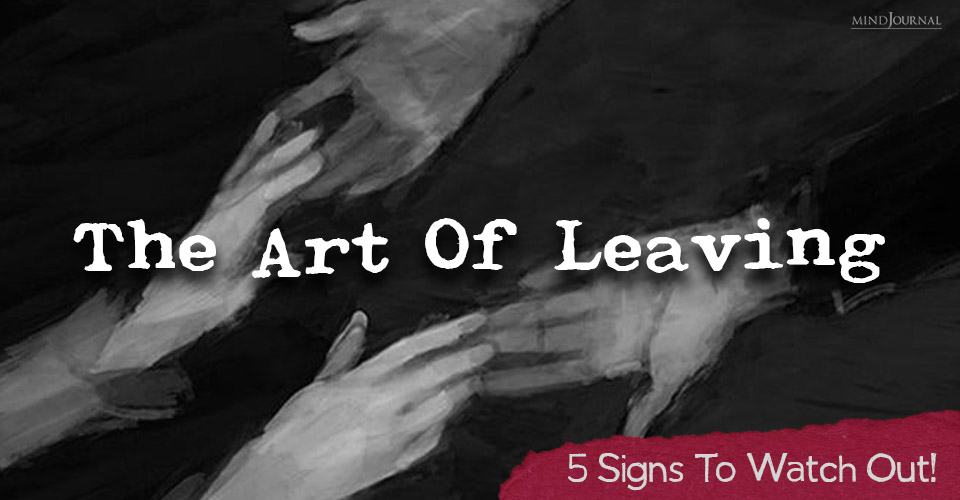



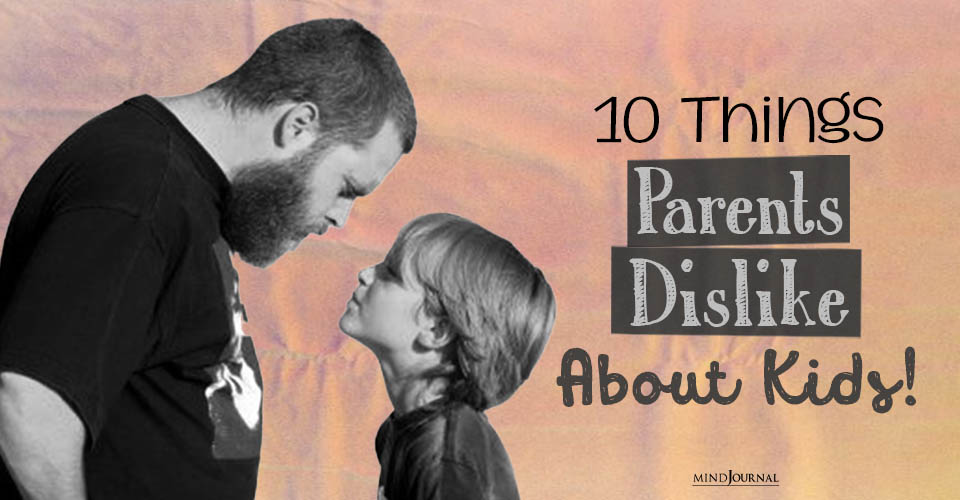
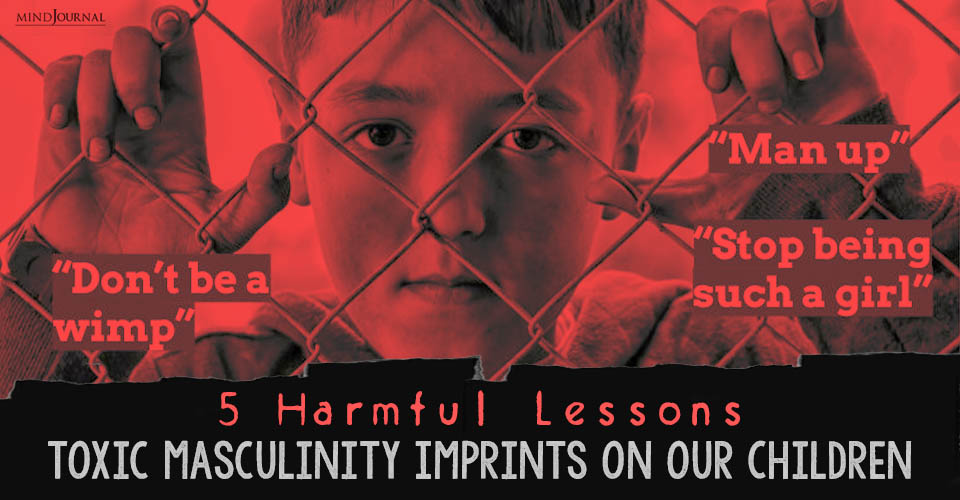



Leave a Reply
You must be logged in to post a comment.